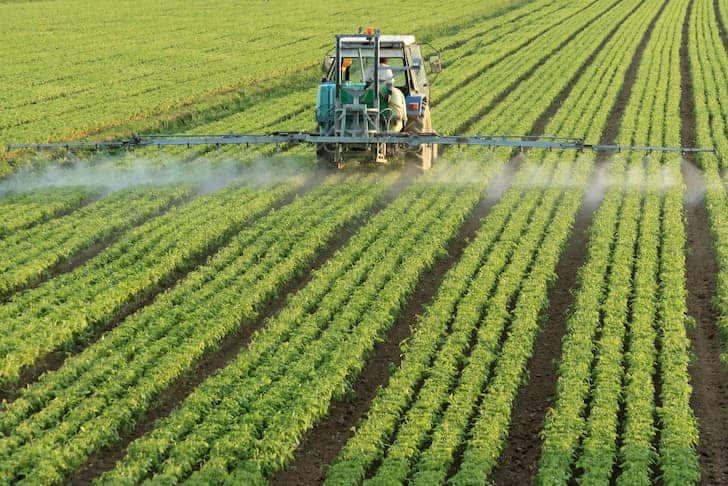A Comprehensive Guide to Agricultural Fertilizers and Pesticides: Types and Applications
10/19/2023
Agricultural fertilizers and pesticides play a pivotal role in modern farming practices. They are essential tools that help farmers enhance crop yields while safeguarding against pests and diseases. Understanding the diverse types and applications of these agricultural inputs is crucial for sustainable and efficient agriculture. In this comprehensive guide, we will delve into the world of agricultural fertilizers and pesticides, shedding light on their various types and how they are applied in the farming industry.
Types of Agricultural Fertilizers:
Agricultural fertilizers come in various forms, each tailored to specific crop requirements. Nitrogen, phosphorus, and potassium (NPK) fertilizers are the most common. Nitrogen fertilizers stimulate leafy growth, phosphorus aids in root development, and potassium supports overall plant health. Additionally, micronutrient fertilizers provide essential trace elements like iron, zinc, and copper. Organic fertilizers, such as compost and manure, enrich soil with organic matter, improving its structure and fertility.

Types of Agricultural Pesticides:
Pesticides are essential for controlling pests that can harm crops. They are categorized into insecticides, herbicides, and fungicides. Insecticides combat insect pests, herbicides control unwanted weeds, and fungicides protect against fungal diseases. Furthermore, biopesticides derived from natural sources like bacteria or plants offer environmentally friendly alternatives. Integrated Pest Management (IPM) strategies combine these pesticide types with cultural and biological controls for sustainable pest management.
Applications in Modern Agriculture:
The application of fertilizers and pesticides in modern agriculture is a precise science. Farmers conduct soil tests to determine nutrient deficiencies and apply fertilizers accordingly. Precision agriculture technologies, like GPS-guided machinery, ensure accurate distribution. When it comes to pesticides, timing and method are critical. Integrated pest management strategies are gaining prominence, reducing the need for excessive chemical use and promoting sustainable pest control practices. Organic farming relies on natural fertilizers and biological pest control methods, fostering environmentally friendly agricultural practices.

Conclusion:
In conclusion, a comprehensive understanding of agricultural fertilizers and pesticides is vital for farmers and agricultural enthusiasts. By choosing the right types and applying them effectively, farmers can optimize crop yields while minimizing environmental impact. In an era of increasing agricultural sustainability, the responsible use of these essential inputs is the key to a greener and more productive future for agriculture.
Visits: 608